Home » Features » Interviews »
THE DEPTHS OF DARKNESS
Despite COVID restrictions, a small crew finds spontaneity expands creativity on Light Falls, with cinematographer Phedon Papamichael ASC GSC at the helm as director.
Two-time Oscar nominee Phedon Papamichael ASC GSC has always interspersed directing projects with his widely varied work as a director of photography, beginning with Sketch Artist and Dark Side of Genius in the early 1990s and continuing through From Within, Arcadia Lost, Lost Angeles and most recently, the short film A Beautiful Day. When the pandemic struck in 2020, Papamichael was in Greece, facing eight months without productive work – perhaps the longest such period of downtime since he began shooting in the 1980s. He turned his attention to a genre script by a friend, Sven Dagones, which seemed like it could be safely produced with a skeleton crew in spite of COVID limitations. Acting students from Albania were happy to pitch in, and two friends from Tbilisi, Georgia, were cast in lead roles.
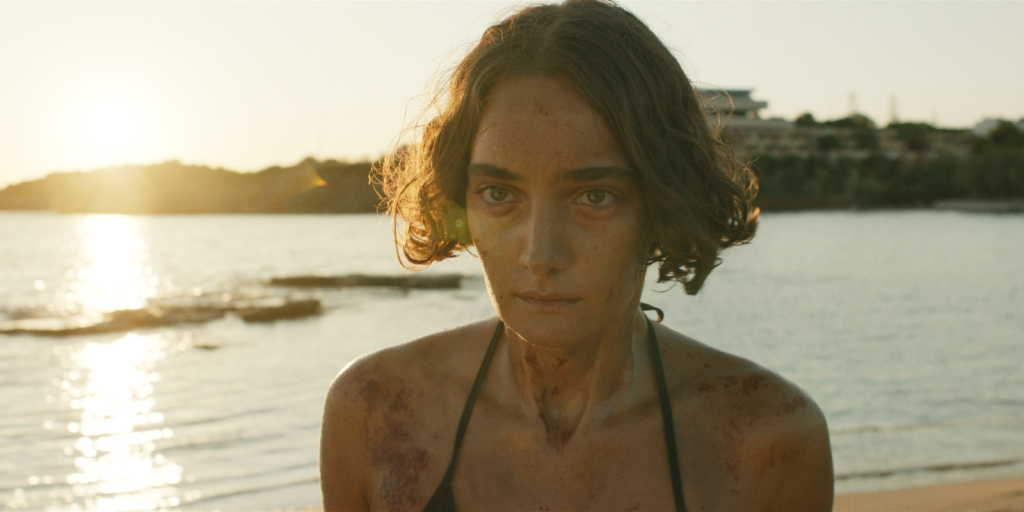
The right location was a major catalyst. The Greek coast is dotted with decaying resort hotels, remnants of a previous era, and a suitable example was found about 40 minutes from Athens. Part of the complex still operates as a hotel school. The undertaking became a lesson in frugal filmmaking, and proof that quality cinema is made by artists regardless of budget and schedule.
“The building we found had a strong effect on the film,” says Papamichael. “I didn’t want to go in wondering if we could pull it off. When I saw it, I thought, ‘Wow, maybe we can do it here.’ It’s architecturally brutal, with many different spaces and geography that would allow us to manoeuvre, light and stage scenes very minimally. When we saw the kitchen, for example, I knew we had to shoot there. It’s ostensibly lit with a phone. We taped a little flashlight there, but all the reflective surfaces made it work. We shot the whole scene in like half a day. Often, the building led us to the blocking. We didn’t really have a lot of production design. We put some leaves down, and we moved some furniture. Aside from that, preparation was minimal.”
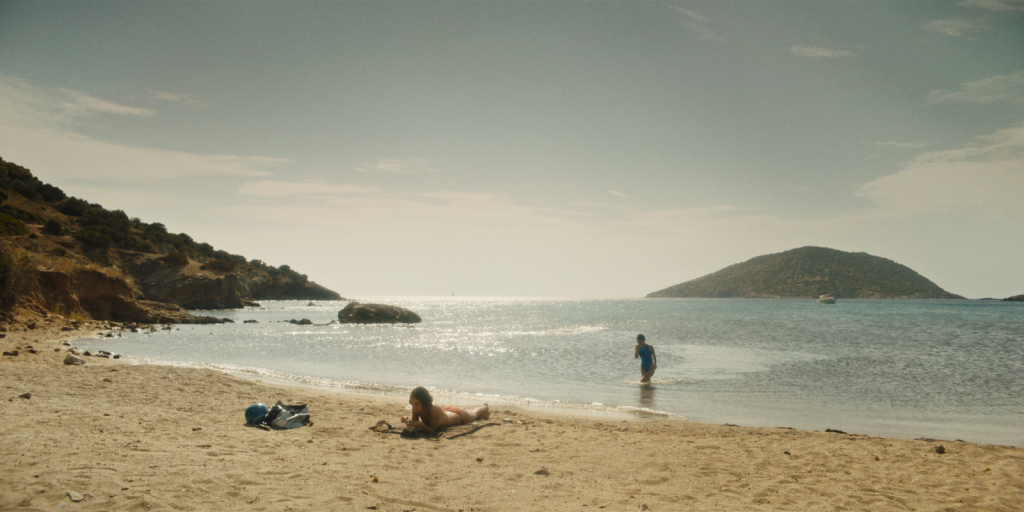
Throughout his career, Papamichael has mixed smaller projects among blockbusters like Le Mans ‘66 and Indiana Jones and the Dial of Destiny.
“I always find it very liberating when you are free to react,” he says. “Sometimes I would happen to see some stunning cloud formations, and we were able to pick up the camera and capture that and continue the scene later without any downside. The freedom to be light on our feet and take advantage like that is really wonderful and refreshing for anyone who works on massive productions. I tell younger, aspiring filmmakers who want to move on to bigger productions that they have amazing advantages. You can’t tell every story with a limited budget, but there are many great films that can be made with simple means. My advice is to be conscious of that when you’re trying to make your first movie or writing a script.”
In the story, two young women holidaying in Greece explore an abandoned hotel, and are taken hostage by immigrant Albanian labourers, one of whom is sympathetic to their plight. It’s a B-movie thriller, but some audiences perceive social-political themes.
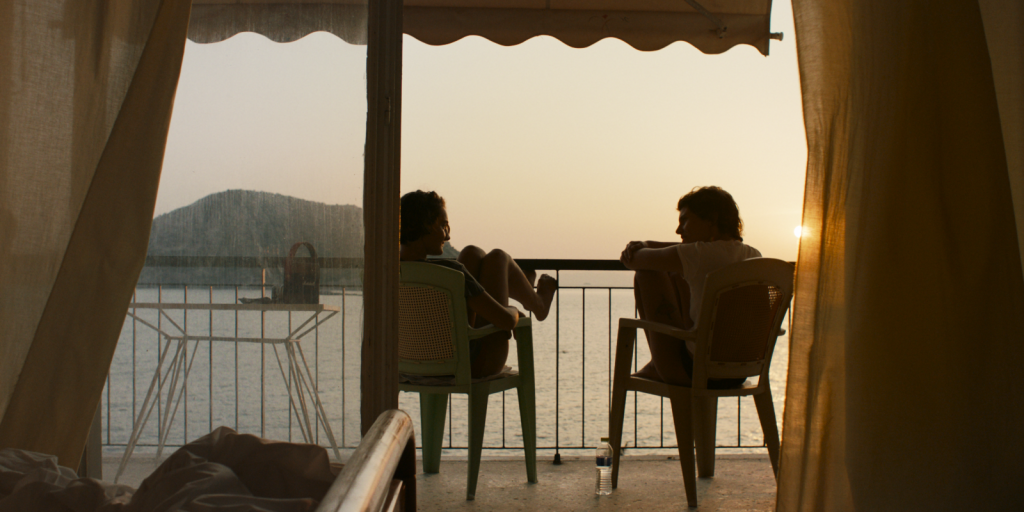
“At one screening, the Albanian actors were asked if they felt stereotyped as villains, and they said, ‘No, this is a very important movie for us – it’s really about how we live and how we are treated in Greece,’” says Papamichael. “I felt good about that. I didn’t want it to be exploitative. I didn’t want to beautify or stylize the situation. But I also wasn’t thinking of it as a realistic portrayal of the lives of immigrant workers. After all, it’s not really lit. But the writer lives in Greece and worked in construction with Albanians, and he knows their stories.”
The director’s chair is also liberating for Papamichael. “It feels great to take on all the responsibility and really go for something,” he says. “I’m not dependent on somebody else being satisfied with what we’re getting. And I’m constantly re-evaluating and re-prioritizing. Are we doing another take or are we moving on? That’s the nice part about directing. I don’t like to preconceive so much, and that’s why I like working with directors who are able to think quickly, on the spot. Of course, on bigger projects sometimes that’s just not possible. And working with great cinema actors can be a tremendous luxury – the subtlety and the skill they bring. But here it had to work the small way – we couldn’t really rehearse, and we didn’t have much prep time.
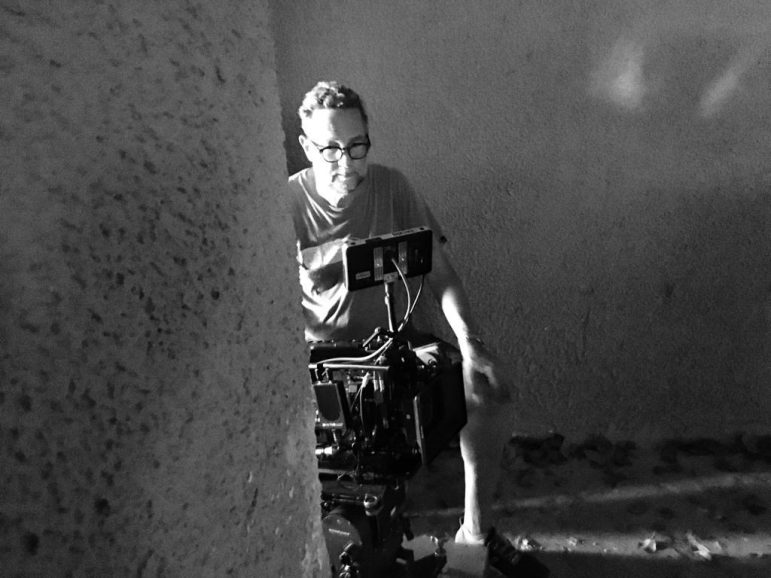
“But regardless of the scale, it’s the essence of what filmmaking is. That’s the beauty of what we do, telling a story visually, finding these little gems that the actors give us. You can’t make Indiana Jones with 40 people. But ultimately, we’re trying to block out all the extraneous distractions and focus on the movie. Even on this film, I sometimes looked around and saw 40 people, and told the producers I only really needed ten at that moment. I’d love to make a film with a crew of ten.”
Papamichael says that he shot one of the early films he directed, and the experience taught him he prefers to collaborate with a director of photography. Circumstances required him to shoot a couple days of Light Falls, but Akis Konstantakopoulos GSC came from Los Angeles to handle the majority of the cinematography. Steadicam operator Michael Tsimperopoulos also helped. The lenses were uncoated Super Speeds, with a single Alexa Mini, all provided by Clemens Danzer and ARRI Rental Budapest.
“It’s nice when someone else is prepping and working with the first AD, running through the schedule and getting the equipment,” says Papamichael. “When I direct, I do like being on the camera, partly because that’s how we did it with Roger Corman at the beginning of my career. It feels very immediate, and I think it helps me give the actors good feedback.”
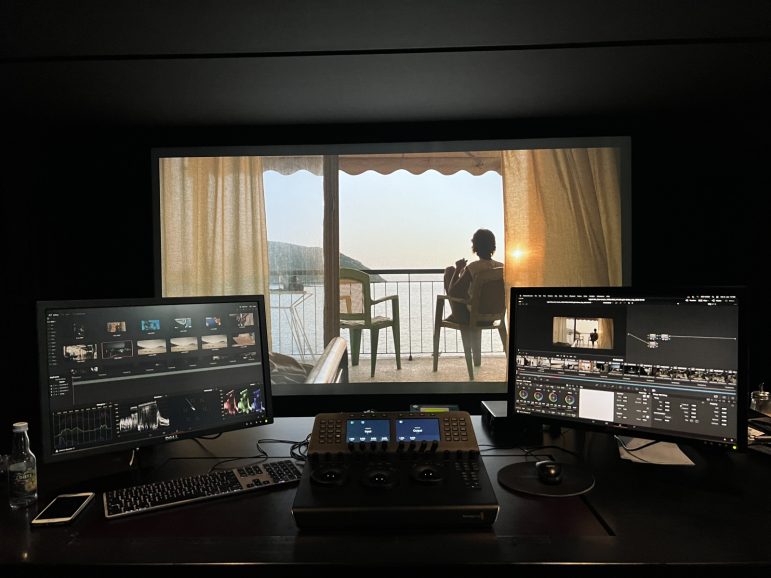
Asked how his deep experience with top feature directors affects his process, Papamichael says, “From Alexander Payne, I learned simplicity, the economy of storytelling in shots. I just rewatched Sideways, and there is no useless fat there. I strive for that in my directing. And from James Mangold, I learned to be disciplined about coverage. On the first movie I directed, Sketch Artist, I was very ambitious and I wanted to do everything in single shots. I learned in the editing room that you need a really good script and really good actors to do that. If it doesn’t work in the flow of the movie, the whole thing’s got to come out, and now you have no options. Editing my features made me a better cinematographer. I know which part of the shot will really end up in the cut. Let’s not burn the move. Mangold is very good about that – understanding the editorial rhythm. It’s very important for a cinematographer to know how the movie is going to be put together.”
Does Light Falls portend a move into directing full-time? “I love shooting,” says Papamichael, who is currently in New York making A Complete Unknown with Mangold. “It’s not like I’m a frustrated DP. Every time I direct a movie, I’m super happy to go back to shooting with a good director.”
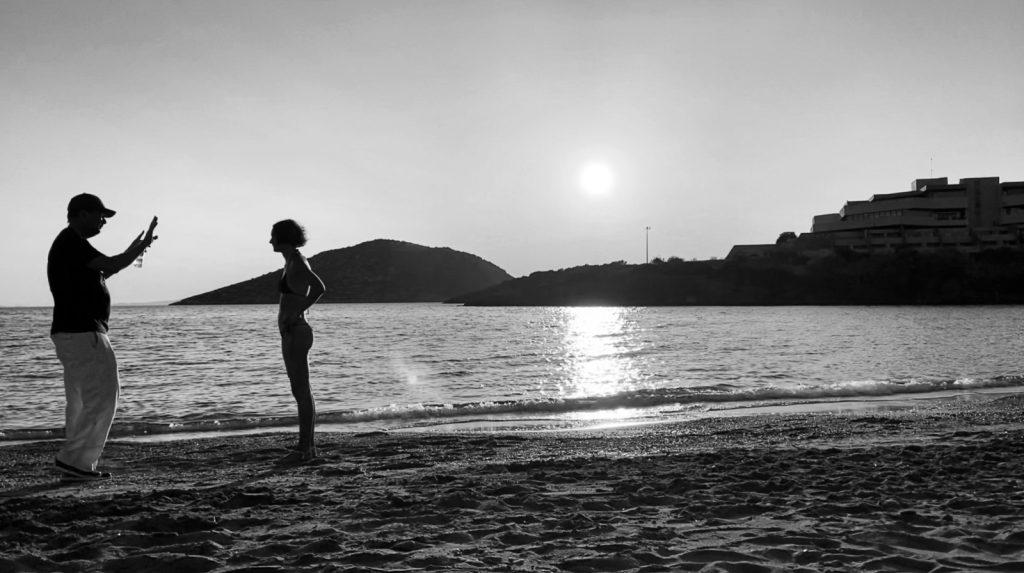




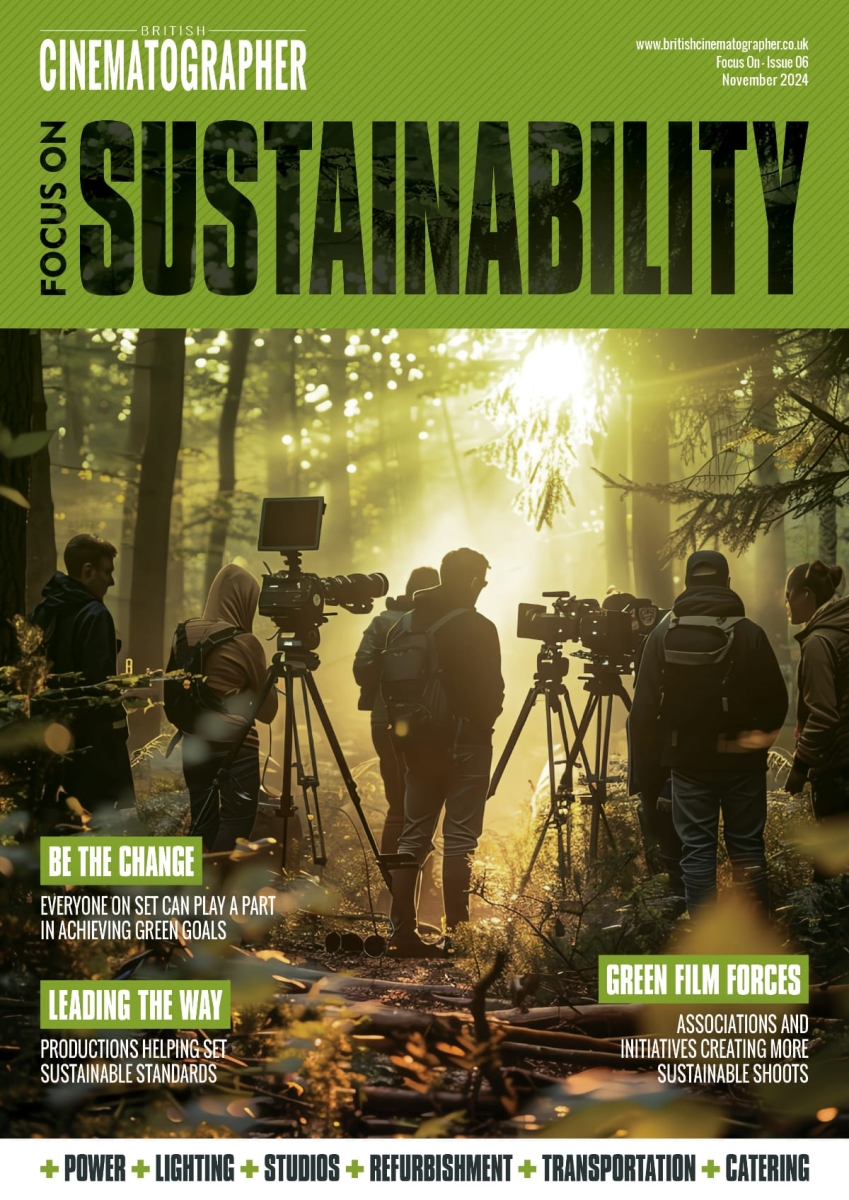
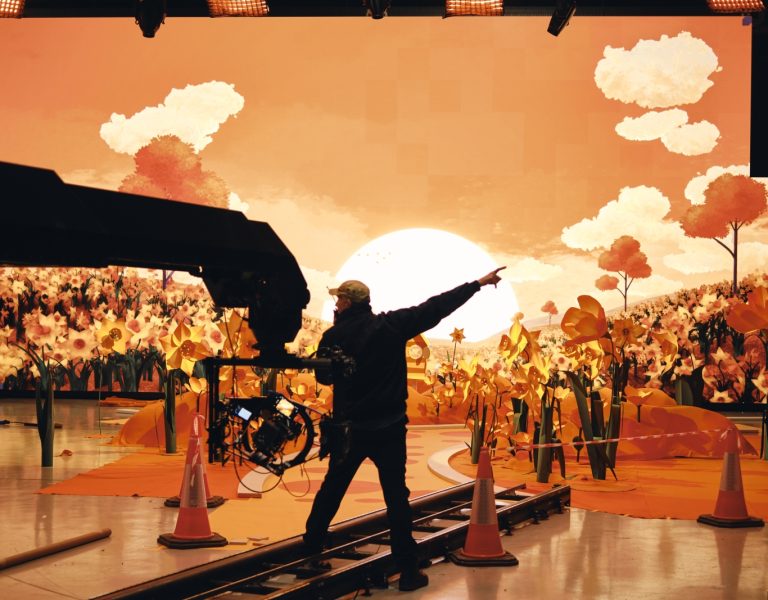

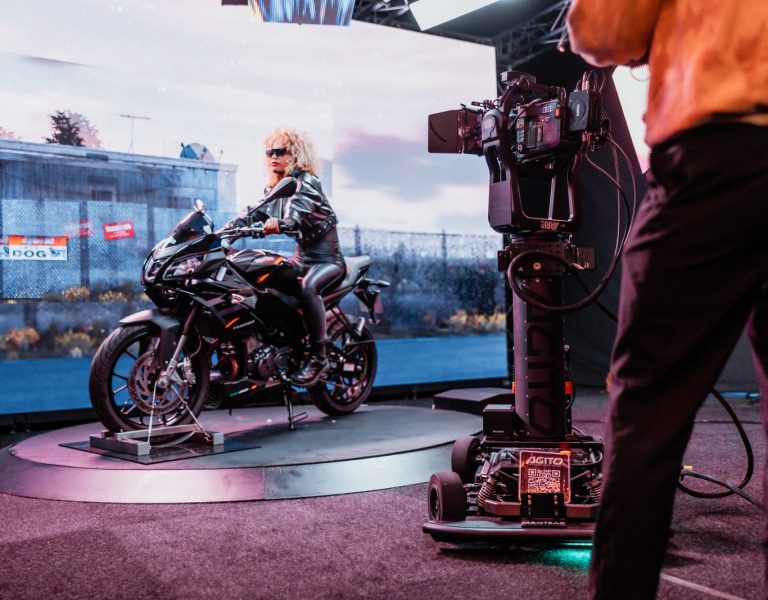
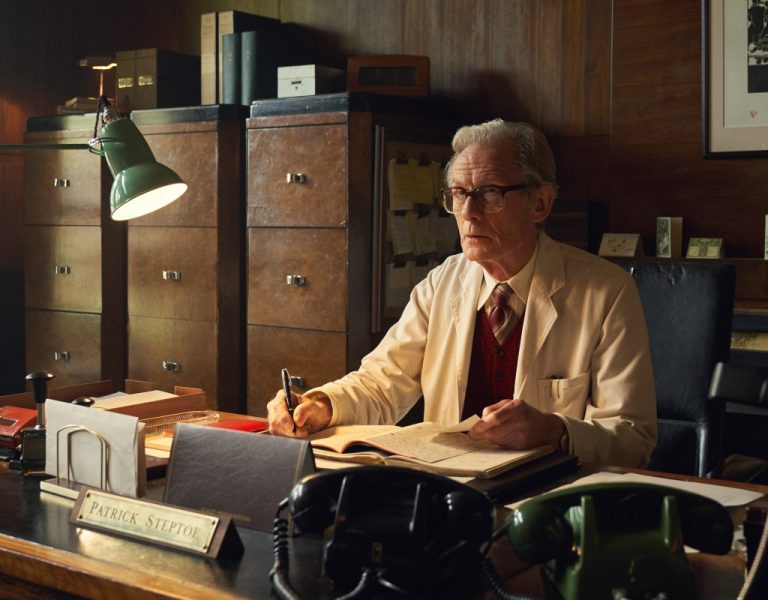
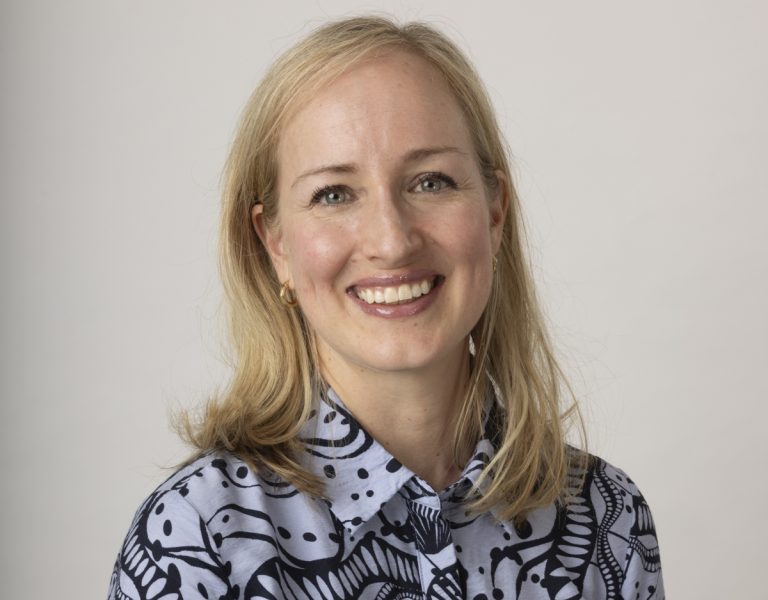
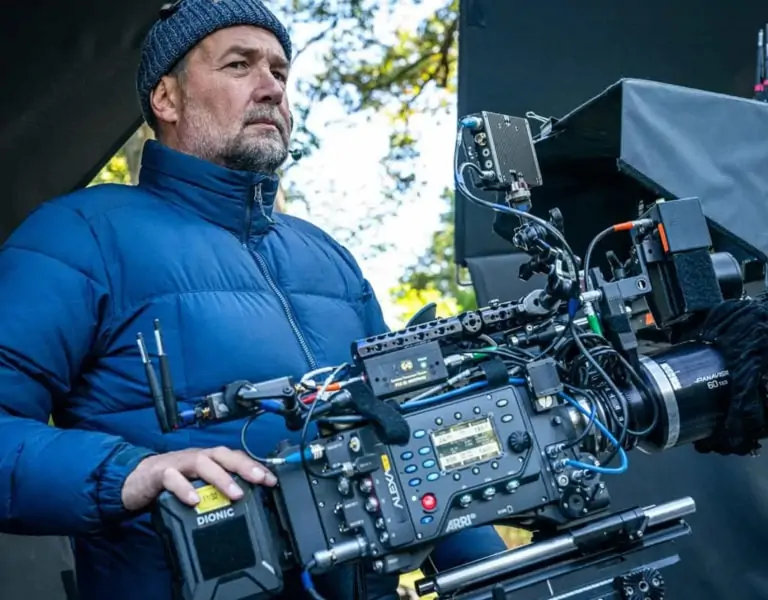
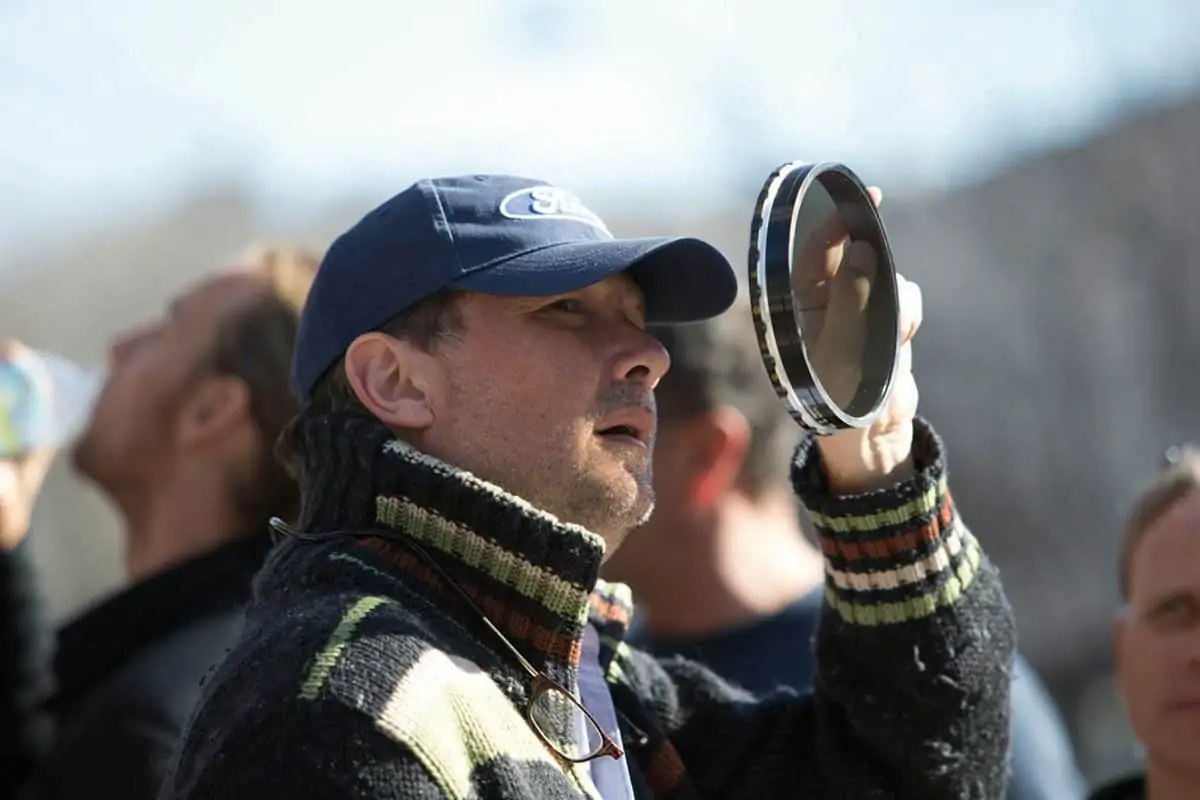
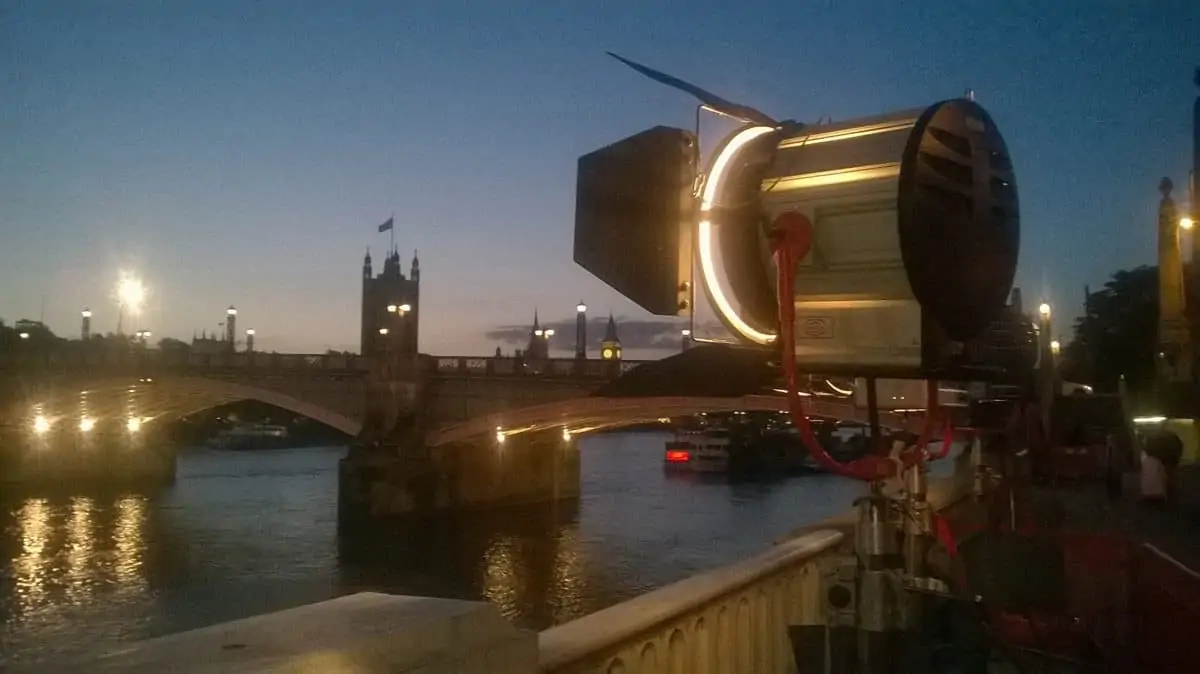
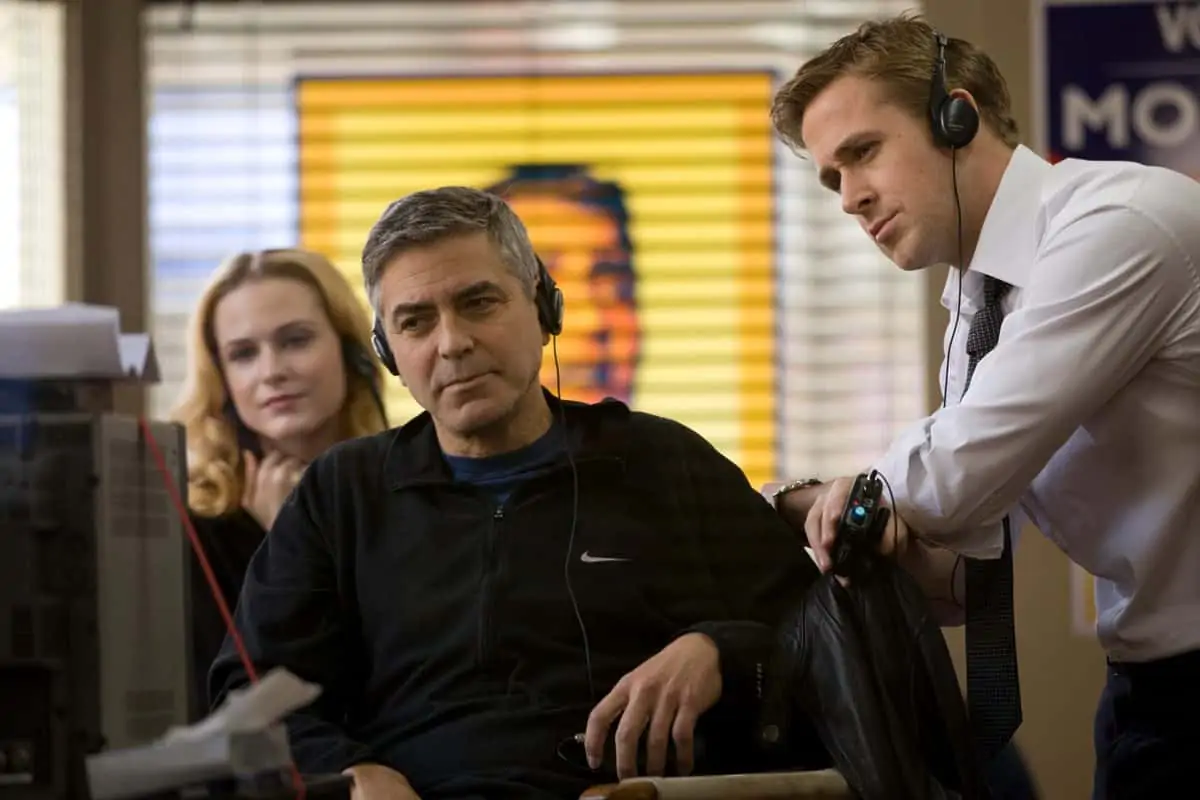

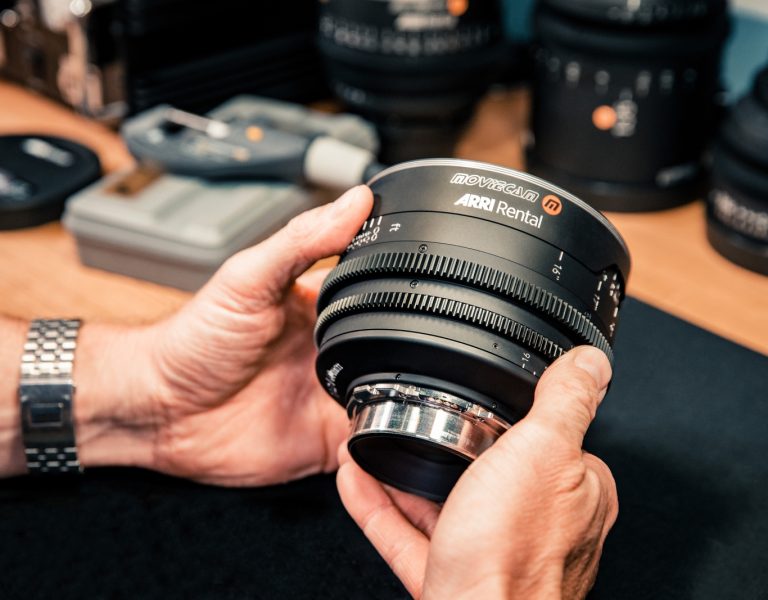
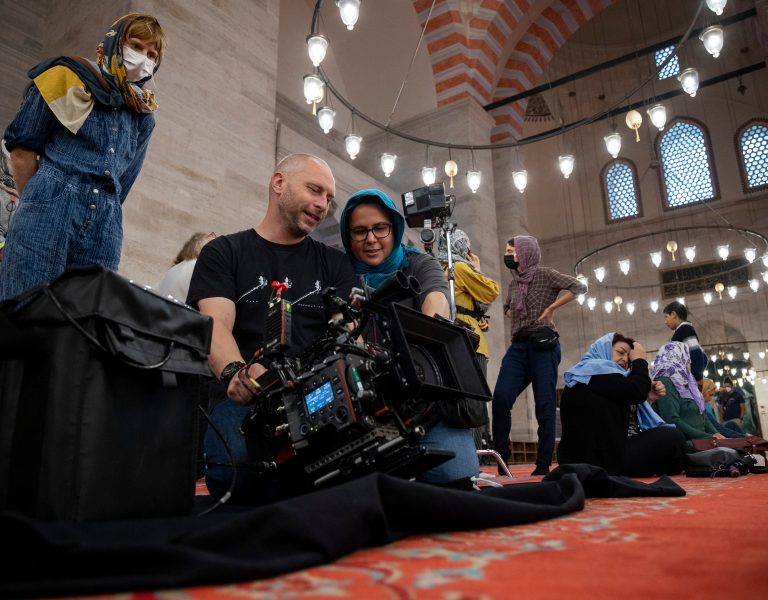
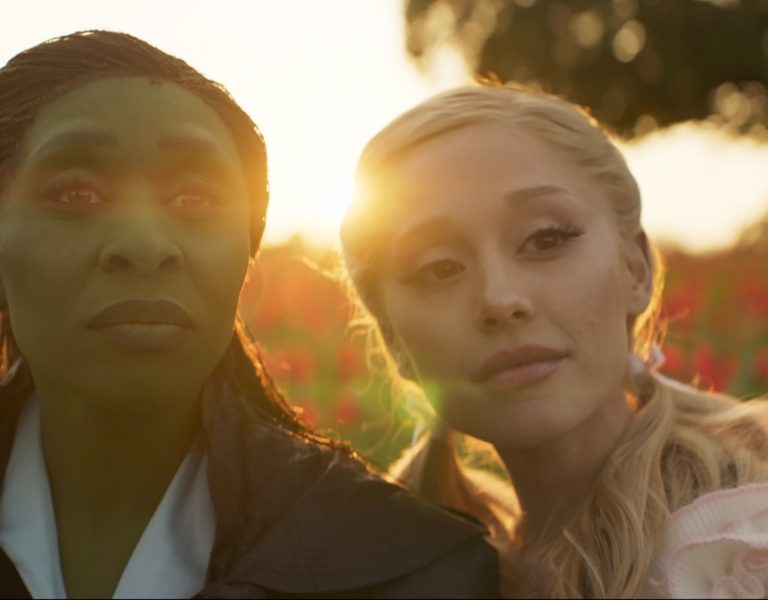
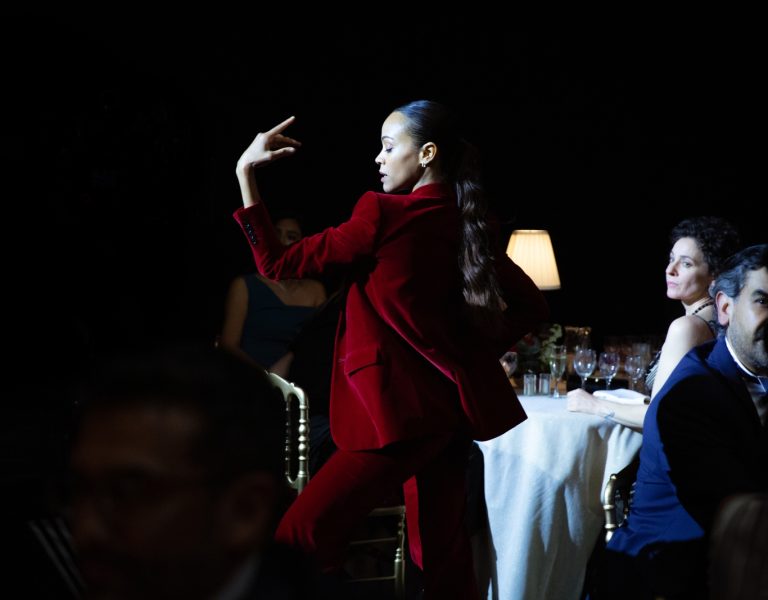
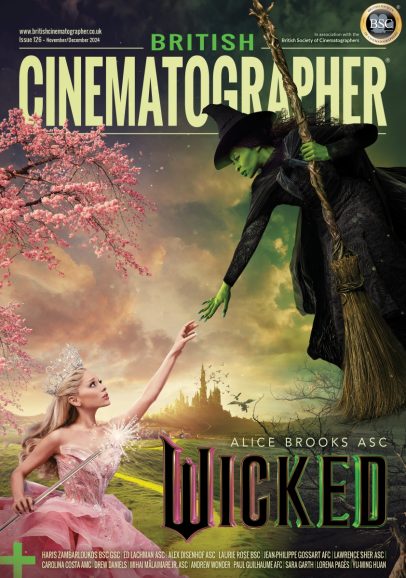

Comment / Amelia Price, chair, sustainability committee, PGGB